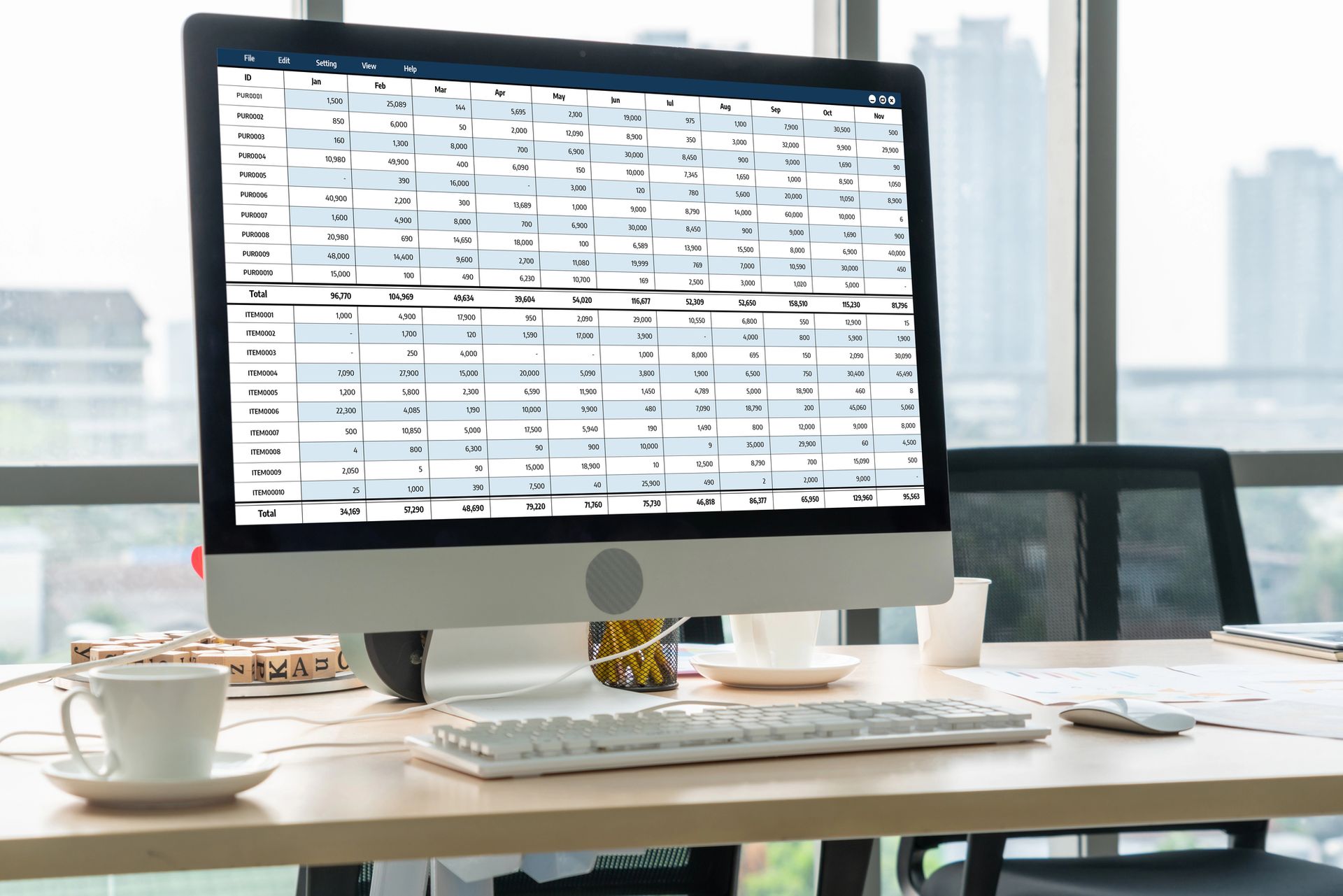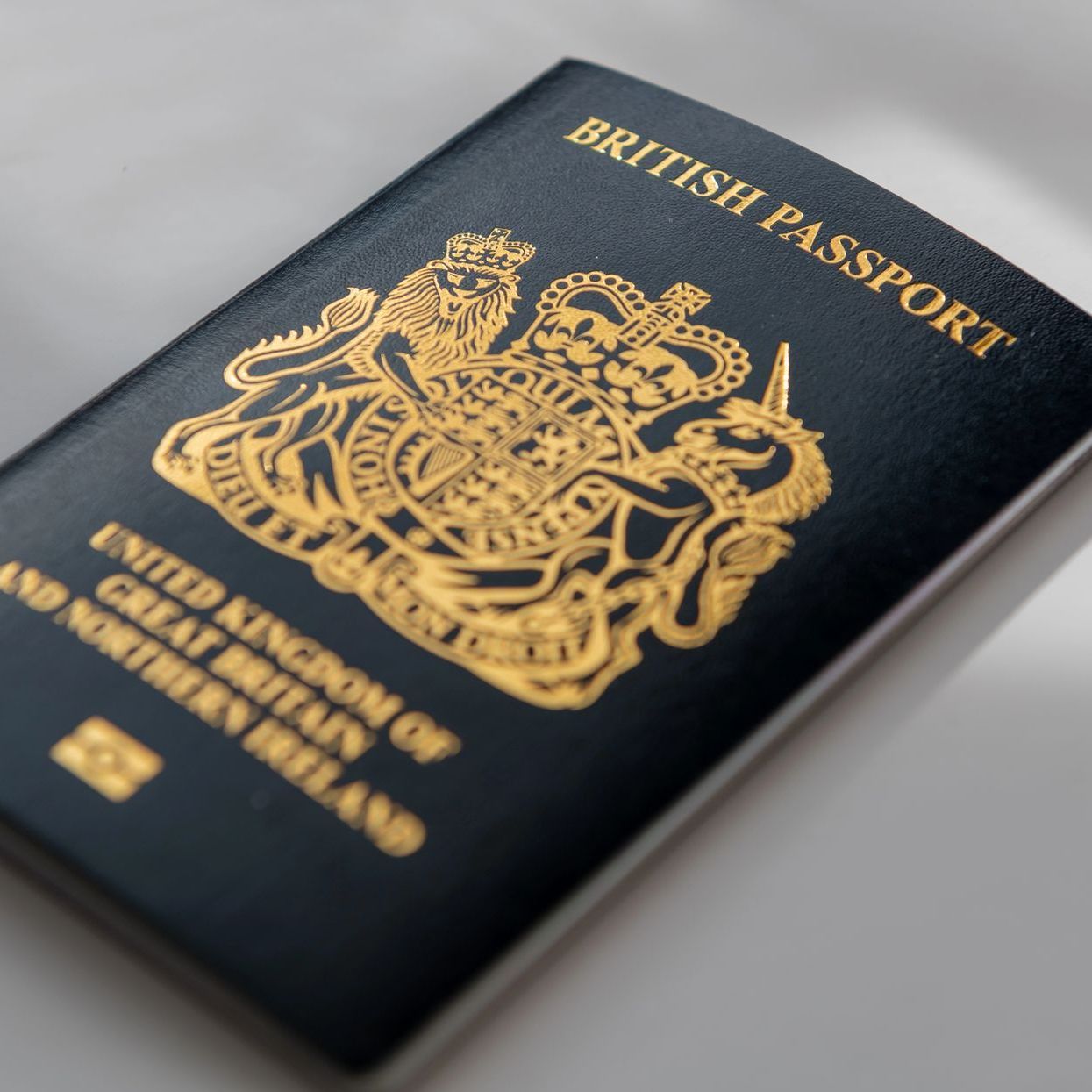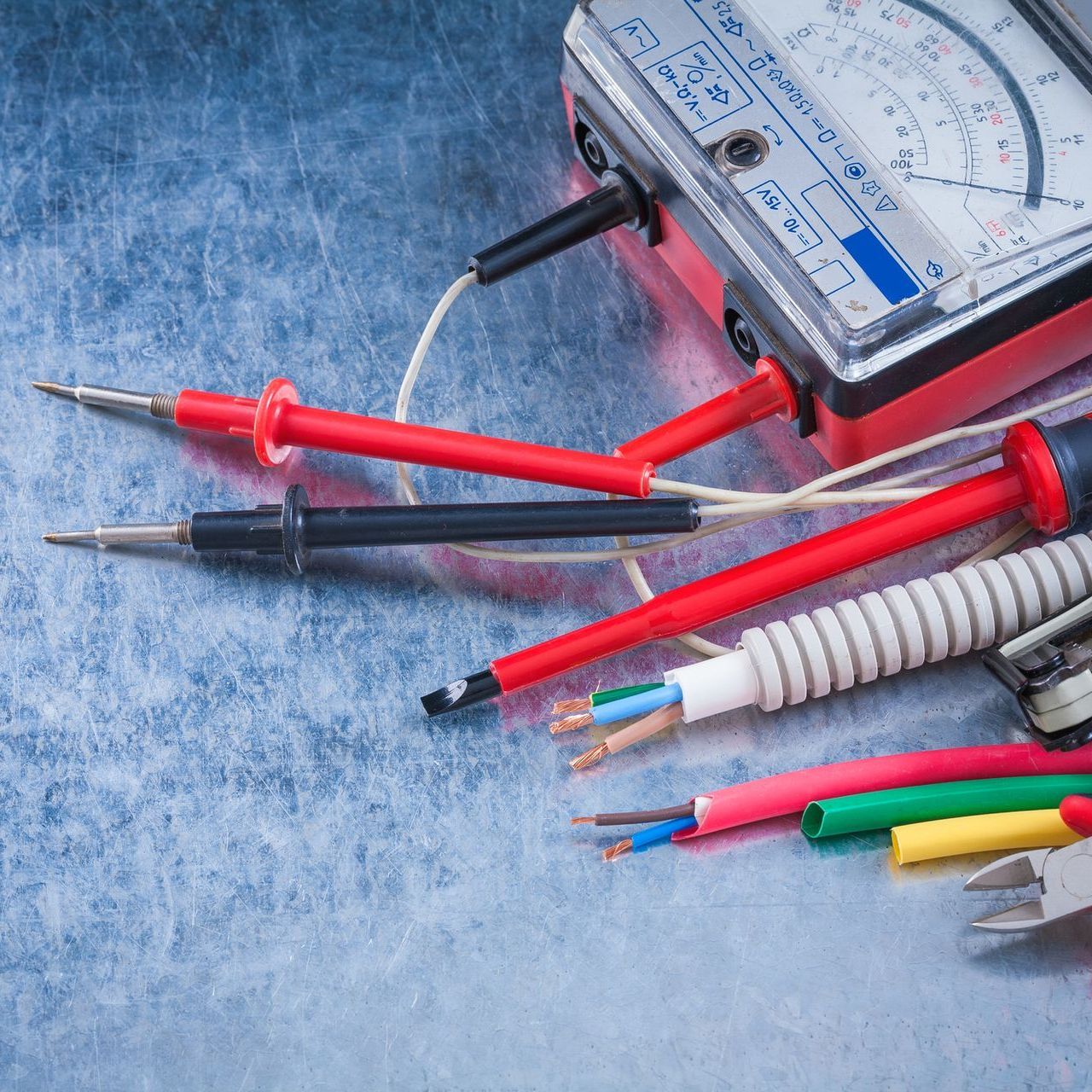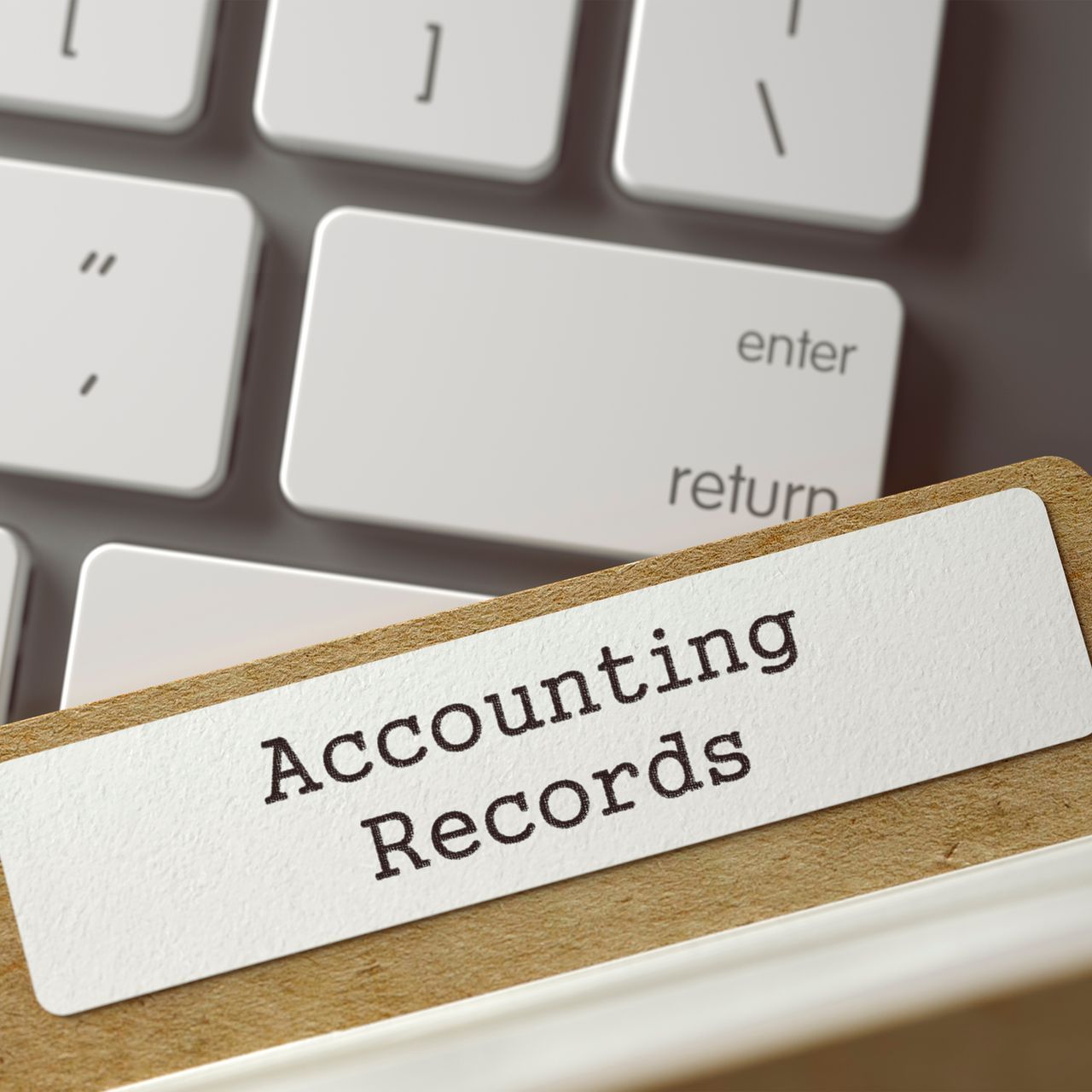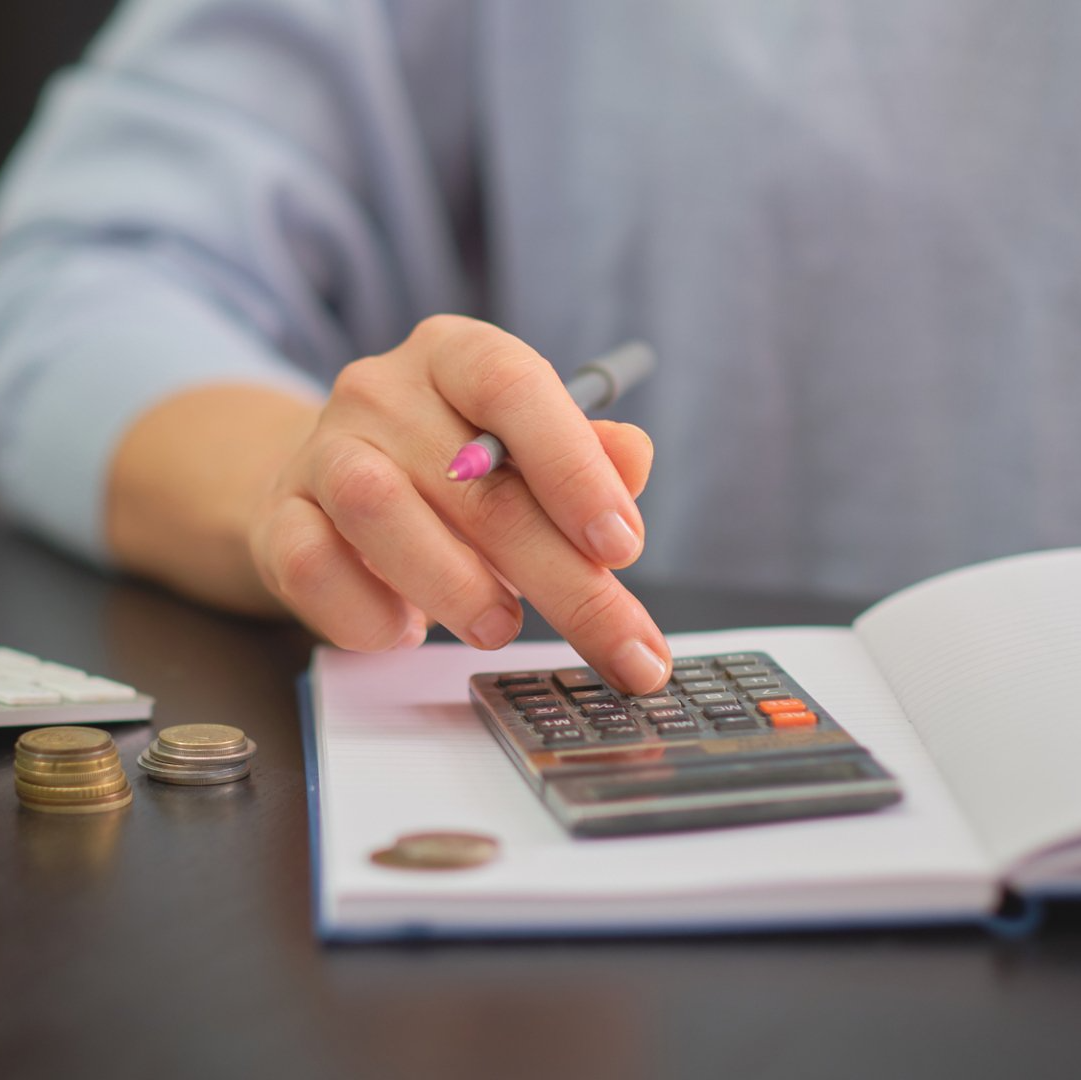Happy New Year (Part 2)
How can I optimise my income at the end of the tax year?
Apart from finishing off your payroll (see last week’s blog here ) there are some other things you should consider before the end of the tax year on 5 April
Take your salary up to the personal allowance
Everyone receives a personal allowance each year – in 2018/19 it is £11,850. You can earn income in 2018/19 up to this level without paying any tax (although you may be subject to National Insurance). If you don’t use it up, you will lose it at the end of the tax year so if you can increase your earnings to this level by adjusting any salary you pay yourself from you company for example, do it before 5 April!
Declare a dividend
As well as your personal allowance, you can also receive dividend income up to £2,000 without personally incurring any tax. If you are a director and shareholder of your own company, you should try and declare a dividend to use this allowance. The full rules of when you can declare a dividend and how to do it can be found here. Again, if you don’t use it you lose it!
Top up your pension
You can pay up to £40,000 into your pension in a tax year before it becomes subject to tax, although watch out because if your company puts more than your earned income into your pension on your behalf, it’s no longer an allowable deduction for corporation tax.
Invest in an ISA up to the limit
Basic rate taxpayers receive up to £1,000 of interest tax free in the year (higher rate taxpayers only £500). If you have any spare funds, you could invest up to £20,000 into an ISA and earn a tax-free return. You can find out more about ISAs on the Money Saving Expert website here.
Make sure you are making the most all your tax-free allowances for 2018/19 and make adjustments where you can! If you have found this article useful, why not join my mailing list here and receive other articles like this direct to your inbox.





